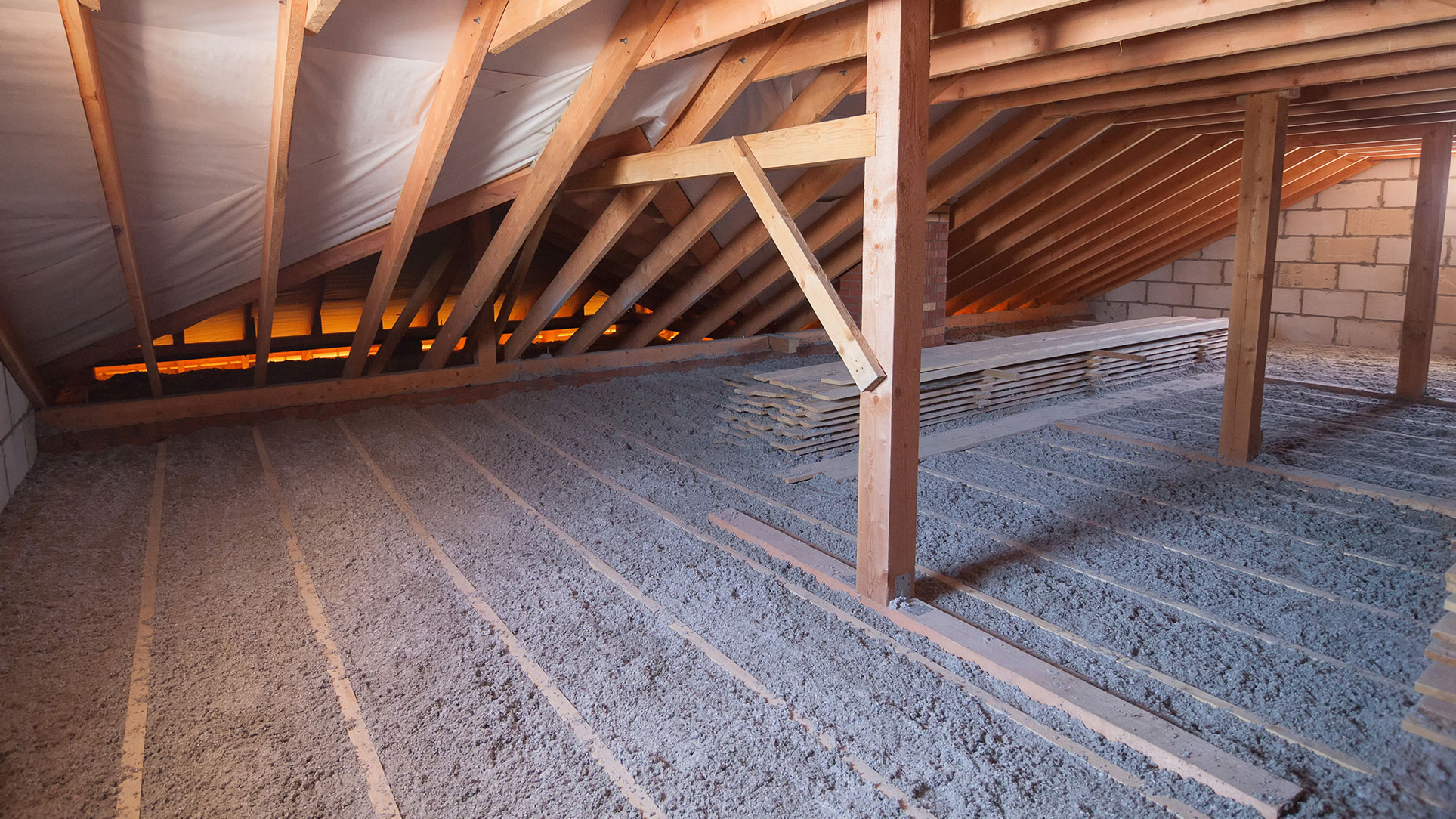Insulation Contractors Houston specialize in installing insulation for homeowners. They can install different types of insulation, such as fiberglass, cellulose, or spray foam. They can also repair leaky ductwork and hot-water supply pipes.

The right professional will help you solve problems like drafts, high energy bills, and uncomfortable rooms. To find the right pro, check his credentials and license.
When choosing an insulation contractor, you want to choose one who is known for providing excellent workmanship and good customer service. A good way to check these qualities is to ask friends and neighbors for references or to search for online reviews. It is also a good idea to look for licensed contractors and ask for proof of insurance coverage, which protects homeowners in the event that any damage is caused during the installation process.
Insulation contractors are experts who specialize in installing insulation and repairing or replacing building materials that stabilize temperatures and soundproof rooms and structures. They are often able to identify problems and make recommendations for repairs that are not obvious to the average homeowner. They are also knowledgeable about vapor retardants, air infiltration, and ventilation, all of which are critical when it comes to insulation.
Homeowners are increasingly choosing insulation contractors to fix issues such as drafty rooms, high energy bills, and frozen pipes. In addition, many people are interested in reducing their carbon footprint. However, figuring out which contractor to select can be a challenging task. Many people use the internet to find a local contractor, but this is not always the best method. In fact, it is better to ask friends and family for referrals, as they have firsthand experience with the contractor in question. Some utilities even provide lists of recommended or approved insulation contractors, which is a great place to start your search.
The insulation contractor industry consists of establishments that install, repair, or replace insulation materials in commercial, industrial, and residential buildings. The primary customers of these businesses are homeowners and builders, although some insulation companies focus on a specific type of building construction.
The growth of the insulation contractor industry is fueled by the need to reduce energy costs and improve building standards. The industry is characterized by low market concentration, as no single operator claims more than 1.0% of industry revenue.
Experience
An experienced insulation contractor will have worked on many different projects, so they will know what works and what doesn’t. They will also be able to suggest the best type of insulation for your home and ensure that it is properly installed. You can find out how much experience a company has by asking them for references and speaking to their previous clients. You can also check whether they have liability insurance that covers any damage caused by their workers while on your property.
You can ask a potential contractor about the type of insulation they use and why they recommend it. There are a few different types of insulation, and each one has its own advantages and disadvantages. For instance, some types of insulation are flammable while others are not. A good contractor should be able to explain the differences between cellulose, fiberglass, and spray foam insulation and the best place for each one in your home.
When choosing an insulation contractor, you should also look at their pricing structure and if they offer any warranties or guarantees. A reputable contractor will stand by the work they perform and will be willing to give you a written quote. They will also be happy to provide you with a list of satisfied customers and testimonials.
Another important question to ask is whether the insulation contractor has a license to operate in your area. This will help you avoid working with unlicensed contractors, who are often less reputable. Licensing is a necessary requirement to carry out insulation installation and repairs, and it protects both you and the contractor.
The insulation contractor industry consists of companies that install, repair, or replace insulation materials in residential and commercial buildings. These materials can stabilize building temperatures, soundproof rooms, and provide protection from fire. Generally, demand for the industry’s services is closely tied to the level of activity in the construction market. However, the residential housing market is anticipated to cool down in the next five years, reducing overall demand for the industry’s services. This is likely to limit the growth of the industry’s revenue.
License
An insulation installer business is a good fit for people who have experience in the construction industry, are passionate about their craft, and enjoy a customer-focused work environment. They can help commercial and residential buildings reduce energy bills, improve air quality, and increase the comfort and safety of occupants.
To start an insulation contractor business, you should have a minimum of two years of experience in the field and complete a training course or attend a licensing school. This will prepare you for the state exam and ensure that your knowledge of the industry is up-to-date. It is also important to research your potential competitors and identify the services they provide. This will help you identify any gaps in the market and develop a strategy to fill them.
You should also decide how you want to structure your business. The legal structure you choose will affect your taxes, personal liability, and business registration requirements. The most popular option is a limited liability company (LLC), which is simple and fast to register.
Once you have decided how to structure your business, you should register it with your state’s department of labor. It’s important to do this before starting your business, as it will help you avoid delays and hefty fines later on. Also, it will help you keep your personal and business finances separate, which is essential for avoiding tax confusion.
A license is essential for anyone who wants to do business as an insulation contractor, and it’s easy to obtain one. You can take a licensing class to learn the material and get practice questions before taking the state test. The test is multiple-choice and closed-book, but it’s not as difficult as you might think.
If you’re unsure how to select the right insulation contractor for your home, ask friends and neighbors for recommendations or check out the ICAA website. You can also contact your utility company for a list of licensed contractors. You should always check whether the insulation contractor you’re considering has a current bond before hiring them for your project.
Insurance
Insulation contractors are tradespeople who install, repair, and replace insulation materials in residential or commercial locations. Insulation serves many purposes, including stabilizing building temperatures, soundproofing rooms, and fireproofing buildings. It’s crucial that they have the right insurance coverage to protect themselves from potential risks and liabilities.
An independent insurance agent will work with you to determine your exact business needs. They will help you compare and choose the policies that best meet your budget. They will also help you understand how each policy works and the specifics of the coverage. This will ensure that you are covered in the event of any unexpected events.
One of the most important types of insurance for insulation contractors is commercial general liability. This insurance will pay for most legal claims that involve third-party bodily injury or property damage resulting from the products or services you provide or from your company’s premises. It will also cover your legal fees and any settlement costs.
In addition to this, you should also have commercial property insurance. This will cover the cost of repairing or replacing your equipment if it is damaged in an accident or stolen by thieves. This is a crucial type of insurance for insulation contractors because it will allow them to continue working without incurring significant financial losses.
Workers’ compensation insurance is another essential type of insulation contractor insurance that all businesses should carry. This will cover medical expenses and lost wages for employees who are injured or sick while on the job. This is required by law in most states.
You may also need professional liability insurance to cover you in the event that a customer sues your company for damages caused by your advice or services. This includes lawsuits arising from jobsite modifications, construction management services, and other professional exposures. In addition to this, you should consider transportation pollution liability coverage to protect you from claims arising from the transportation and loading of possible pollutants.
Insurance can be expensive, but it’s worth the investment in order to mitigate your financial risk and protect your business from unforeseeable events. An experienced insurance broker will be able to find you a tailored insulation contractor insurance policy that meets your budget. They can also unlock discounts, compare rates, and explain the process of modifying future policies or filing a claim.

